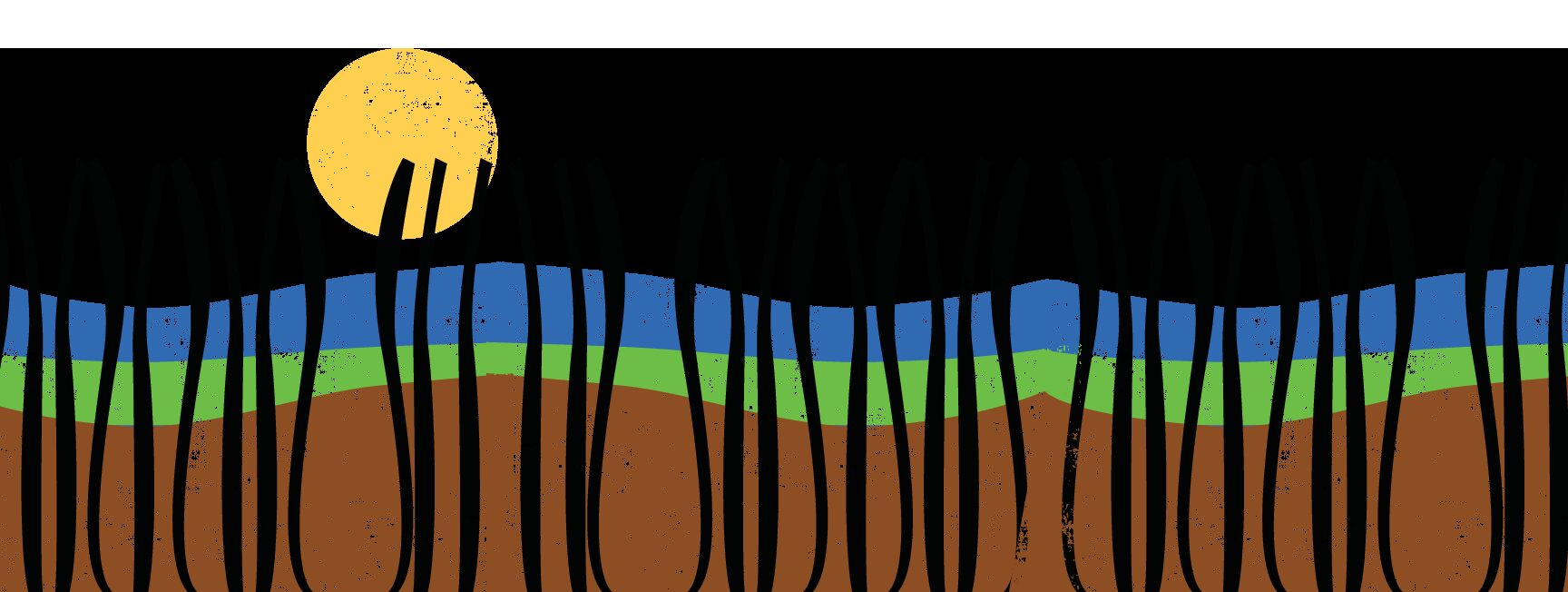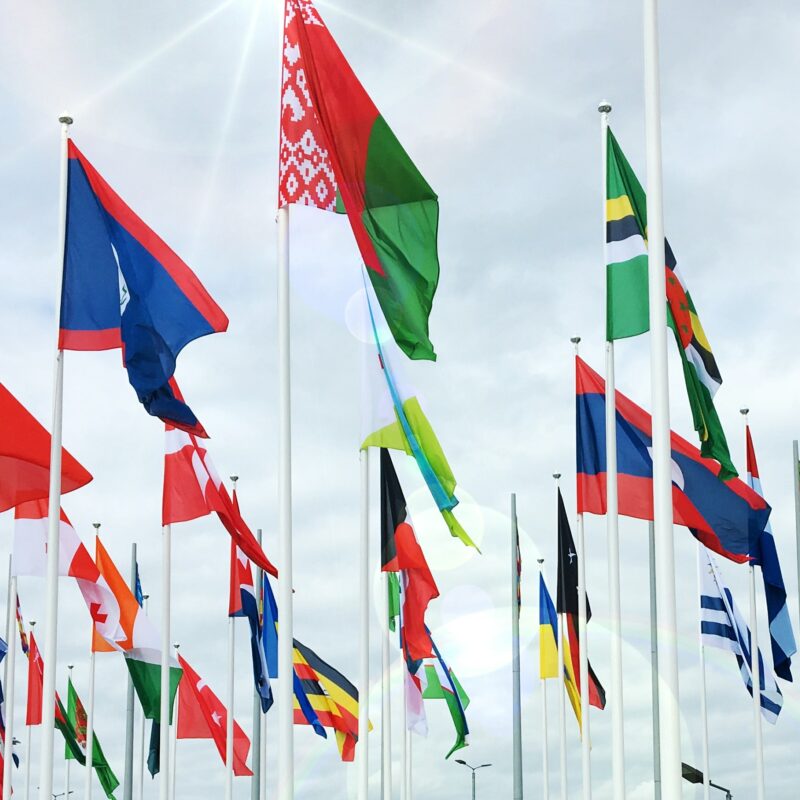
Association for
Cultural Economics
International
Association for Cultural
Economics International
The Association for Cultural Economics International (ACEI) is a society of academics, practitioners, industry professionals and policy makers which promotes scholarly investigation of issues involved in the economics of the arts and cultural activities.
The ACEI provides opportunities for sharing the latest research through events both in person and online such as at our regular conferences, workshops and seminars. Also the ACEI is associated with the Journal of Cultural Economics and also publishes a Working Paper Series. Members of the ACEI also engage more broadly to share and promote research through popular media, social media and via the dedicated blog Economists Talk Art.
Learn More



The Journal of Cultural Economics
The Journal of Cultural Economics published by Springer is recognised as the Associations official academic journal. Membership to the Association entitles free access to the journal, either online or in print (depending upon type of membership).
Learn More



An International Association
With members from across the globe, the people that make up the Association come from a range of different cultural backgrounds which the Association values. The Association also offers the opportunity to extend membership privileges into under-represented regions of the world, particularly where this can assist in advancing research that deals with the arts and culture from across all parts of the world including in developing countries. New members are welcome to join and new members to the Association from developing countries may be eligible for complimentary membership. To find out more Contact Us
In addition to the International Association there are regional chapters of the Association based in Poland and Japan.
Learn More



Upcoming Events
The ACEI is pleased to host the Cultural Economics Online Seminar Series. Seminars are held monthly. Find out more about the upcoming schedule.
Click ‘View All’ to see other ACEI events.

First China-ACEI Convention

11th European Workshop on Applied Cultural Economics

4th Iberoamerican Seminar on Cultural Economics

7th North American Workshop on Cultural Economics

Become a member
Members of the ACEI will be part of a network of scholars, researchers and practitioners interested in advancing cultural economics.
Join today

Economists talk art
EconomistsTalkArt.org is set up to promote and disseminate research-based (policy) analysis and commentary by cultural economists.
CULTURAL CAPITAL EXTERNALITIES
Posted onFor many cultural institutions and activities, such as libraries, theatres, exhibitions and concerts, the non-use values are created when the good is consumed. These cultural capital externalities resemble human capital…
EXAMINING THE POTENTIAL DISRUPTION FROM AD-SUPPORTED STREAMING SERVICES
Posted onHow is the rising popularity of advertising-based video-on-demand (AVOD) services shaping the future of in-home entertainment? Using survey experiments in four countries, we analyse consumer preferences between AVOD, traditional transactional…
THE EVOLVING PLACE OF THE CULTURAL AND CREATIVE INDUSTRIES IN PUBLIC POLICIES ORIENTATION: SOME LESSONS FROM THE COMMUNICATIONS OF THE EUROPEAN COMMISSION?
Posted onCultural and Creative industries (CCIs) have become a focal point in the economy. The content analysis of the Communications issued by the European Commission helps to weigh up the growing…